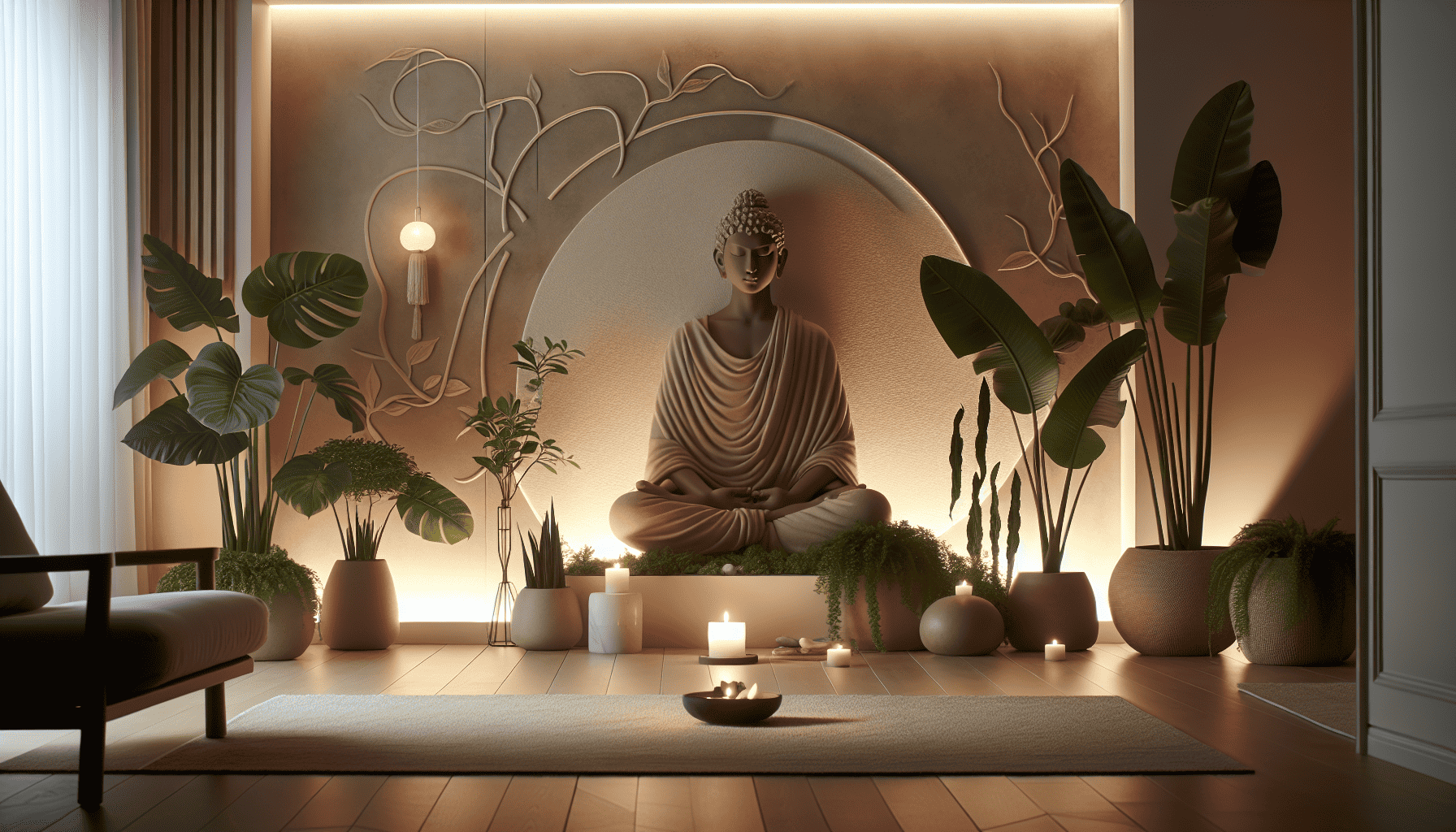In today's fast-paced world, finding ways to unwind and destress is crucial for maintaining both mental and physical well-being. Fortunately, there are several effective relaxation techniques that can help you achieve a sense of calm and balance. Here’s a closer look at some methods to help you relax and rejuvenate.
1. Deep Breathing Exercises
Deep breathing is one of the simplest and most effective relaxation techniques. By focusing on your breath, you can calm your mind and reduce stress. Begin by sitting or lying down in a comfortable position. Slowly inhale through your nose, allowing your chest and abdomen to expand. Hold the breath for a few seconds, then slowly exhale through your mouth. Repeat this process for several minutes, concentrating on the rhythm of your breathing. This practice not only eases tension but also enhances your focus and clarity.
2. Progressive Muscle Relaxation
Progressive muscle relaxation is another useful method for reducing stress. This technique involves tensing and subsequently releasing different muscle groups in the body. Start by focusing on your toes, tensing them for a few seconds, then relaxing. Gradually work your way up through your body – feet, legs, abdomen, arms, and finally your face – until you have relaxed each group of muscles. This practice can help reduce physical tension and promote a state of relaxation.
3. Mindfulness and Meditation
Mindfulness and meditation are powerful tools for stress management. Meditation involves sitting quietly and focusing your attention, often on your breath or a mantra. Mindfulness, on the other hand, involves staying present in the moment without judgment. Both practices can help you develop a clearer perspective on life’s challenges and reduce stress. Set aside a dedicated time each day to practice, starting with just a few minutes and gradually increasing as it becomes more comfortable.
4. Yoga and Tai Chi
Yoga and Tai Chi are ancient practices that combine physical movement, breath control, and meditation to foster relaxation and harmony. These exercises involve slow, deliberate movements that enhance flexibility and balance, stabilize your breathing, and promote a peaceful state of mind. Regular practice can significantly reduce stress and anxiety while improving overall physical health.
5. Guided Imagery
Guided imagery involves focusing your mind on positive images to help elicit a relaxation response. This technique can be practiced with the help of an audio recording or instructor, who will guide you in imagining soothing and peaceful scenarios. Whether it’s a sunny beach, a quiet forest, or a tranquil meadow, visualizing these serene scenes can transport your mind away from stress and into a state of relaxation.
6. Listening to Music
Listening to music is a universally enjoyable way to relax. Music can have a profound impact on your mood and stress levels, often bringing about relaxation and happiness. Create a playlist of your favorite calming tunes and set aside time each day to simply listen and unwind. Let the melodies wash over you, helping to shift your mindset away from stressful thoughts.
7. Aromatherapy
Aromatherapy utilizes essential oils to improve psychological and physical well-being. Scents such as lavender, chamomile, and sandalwood are known for their calming properties. Using an essential oil diffuser, or adding a few drops of essential oil to a bath, can help create a peaceful atmosphere conducive to relaxation. Inhaling these soothing aromas can activate your sense of smell, which is directly linked to the brain's emotional center, promoting calmness and stress relief.
Incorporating these relaxation techniques into your daily routine can help you manage stress more effectively. Remember, relaxation is not a luxury; it’s a necessity for maintaining a healthy and balanced life. Experiment with different methods to discover what works best for you, and make relaxation a regular part of your life to enhance your overall well-being.
